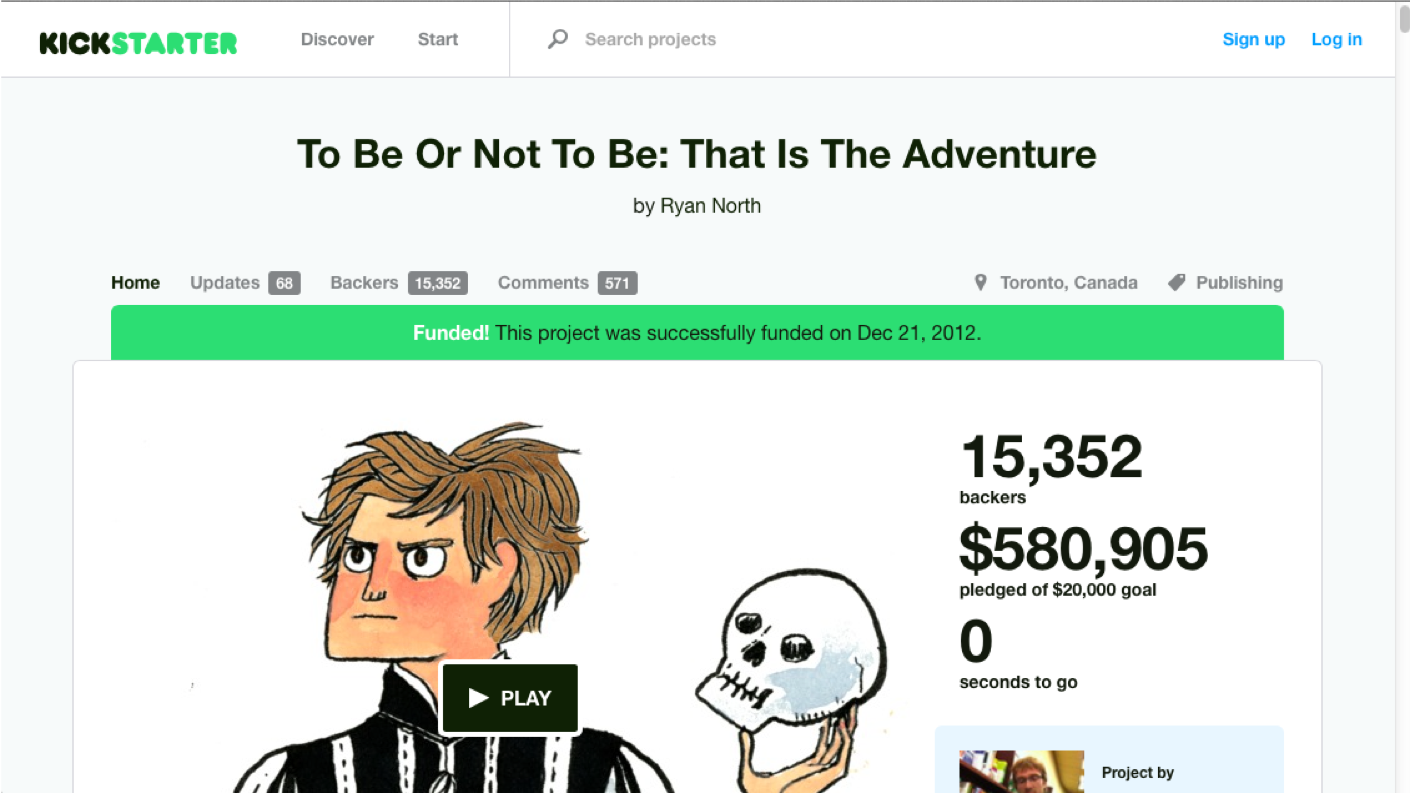
Unsplash
Scholarship
As a scholar, I've never seen myself as devoted primarily to teaching at the expense of research, or vice versa. On the contrary, I consider myself to be a teacher researcher, an approach that keeps both sides of my academic identity in conversation with each other.
This duality is evident in my professional background. I was trained in Texas Tech's Technical Communication and Rhetoric program, well known for its robust instruction in research methods — but most of my career has been at teaching-focused, open-enrollment institutions. In my research, therefore, I bring qualitative, quantitative, and mixed methods to questions of pedagogy and classroom success.
As shown below, my scholarly work primarily centers on writing program administration, teacher preparation, online writing instruction, accessibility, usability, and rhetoric.
Use the following links to skip to any section.
Current Projects
Current Projects
Instructor Presence and Autonomy
Can pre-designed online courses be enhanced to allow for more authentic instructor–student interaction without sacrificing efficiency and quality?

Unsplash
At Park University, online asynchronous versions of courses are developed by subject-matter experts working with an instructional design team, and then the resulting Canvas shells are duplicated each term for a veritable army of adjunct non-designer instructors.
This "enterprise model," as it is called, is efficient from an institutional standpoint — but it introduces its own problems. As a writing program administrator with expertise in online writing instruction pedagogy, I felt that giving instructors more autonomy would be an important first step in improving both instructor satisfaction with teaching as well as student outcomes, but it wasn't the fix I expected it to be.
A deep dive into the research about the Community of Inquiry Framework and the role instructor presence plays in online learning led me to design a study examining the role that design can play in enabling instructor autonomy and presence in pre-designed courses. I give a brief overview of the project and its outcomes in the following video:
Our analysis of the data we collected suggest that the changes we made had a huge impact on both students and instructors — in fact, the pass rate for the enhanced version of the course was 20 percentage points higher than in the unmodified version.
My team and I presented our extended findings as a panel at the 2023 ATTW conference, and the first article based on our study is currently in press at Quarterly Review of Distance Education. We are now hard at work preparing two additional article manuscripts for submission.
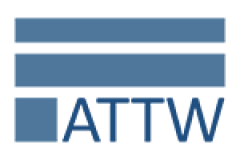
Beyond Simple Compliance: Using Design Principles to Enable NDIs to Establish an Authentic Instructor Presence
S. D. Grover, G. Lester, & H. A. Johnson. Association of Teachers of Technical Writing Annual Conference, 2023
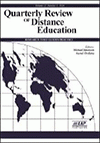
Enabling Instructor Presence for Non-Designer Instructors: Using Page-Level Course Design to Improve Student Satisfaction and Success
S. D. Grover, G. Lester, & H. A. Johnson. (2024). Quarterly Review of Distance Education, 25(2). (in press)
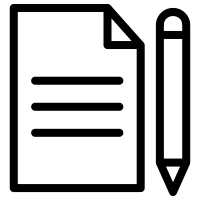
Enabling Instructor Autonomy and Presence for Non-Designer Instructors: NDI Perspectives
S. D. Grover, G. Lester, & H. A. Johnson (manuscript under development)

Building Instructor Presence into Pre-Designed Online Courses: Principles and Practices
S. D. Grover, G. Lester, & H. A. Johnson (manuscript under development)
Methods Employed: quasi-experimental design, questionnaire, semi-structured interviews
Synthesis and Media Literacy
A new writing course project designed to help students develop two interrelated skills simultaneously.

via NPR
Over years of teaching a junior-level writing course at an open-enrollment institution without a dedication Writing in the Disciplines program, my research partner and I noticed that students consistently struggled with two things:
- Synthesis: The course asked students to practice synthesis in the form of a literature review related to their major, but because so many students did not come from a traditionally college-ready background or were not yet far enough along in their major to appreciate how it approaches research and synthesis, students were not adequately developing this key academic skill and others related to it, including research, source evaluation, source integration, joining in the public or academic discourse, and more.
- Media Literacy: In the wake of the 2016 presidential election, research suggested America was facing a crisis in news media literacy and confidence, and our experiences working with students supported those conclusions. Often we heard expressions of outsized cynicism about reputable news outlets or extreme trust in fringe news organizations and voices (from both sides of the political spectrum). Few students seemed to understand the difference between a news anchor and a political pundit, and declarations of apathy concerning engagement with the news were common, almost a badge of honor among the young adults in our classes.
In response to this, we developed a new synthesis unit focused around a project we called the Current Event Coverage Report. The report requires students to
- choose a recent event of national interest that has received wide coverage in the public discourse
- gather as much media coverage as they can about their event, including articles, editorials, show segments, blog posts, pundits’ monologues, think tank essays, analyses, etc.
- evaluate the merits, credentials, biases, and failings of each in an annotated bibliography
- write a report about the event and the way it was covered in the media.
We found that, through this unit, students developed greater proficiency in synthesis-related skills while also developing confidence in engaging constructively with news media. In their reflections, students — many of whom began the unit apathetic or cynical about current events — excitedly described the media diets they intended to consume, often a deliberate mix of print, audio, and video sources offering varying amounts of reporting, analysis, and opinion.
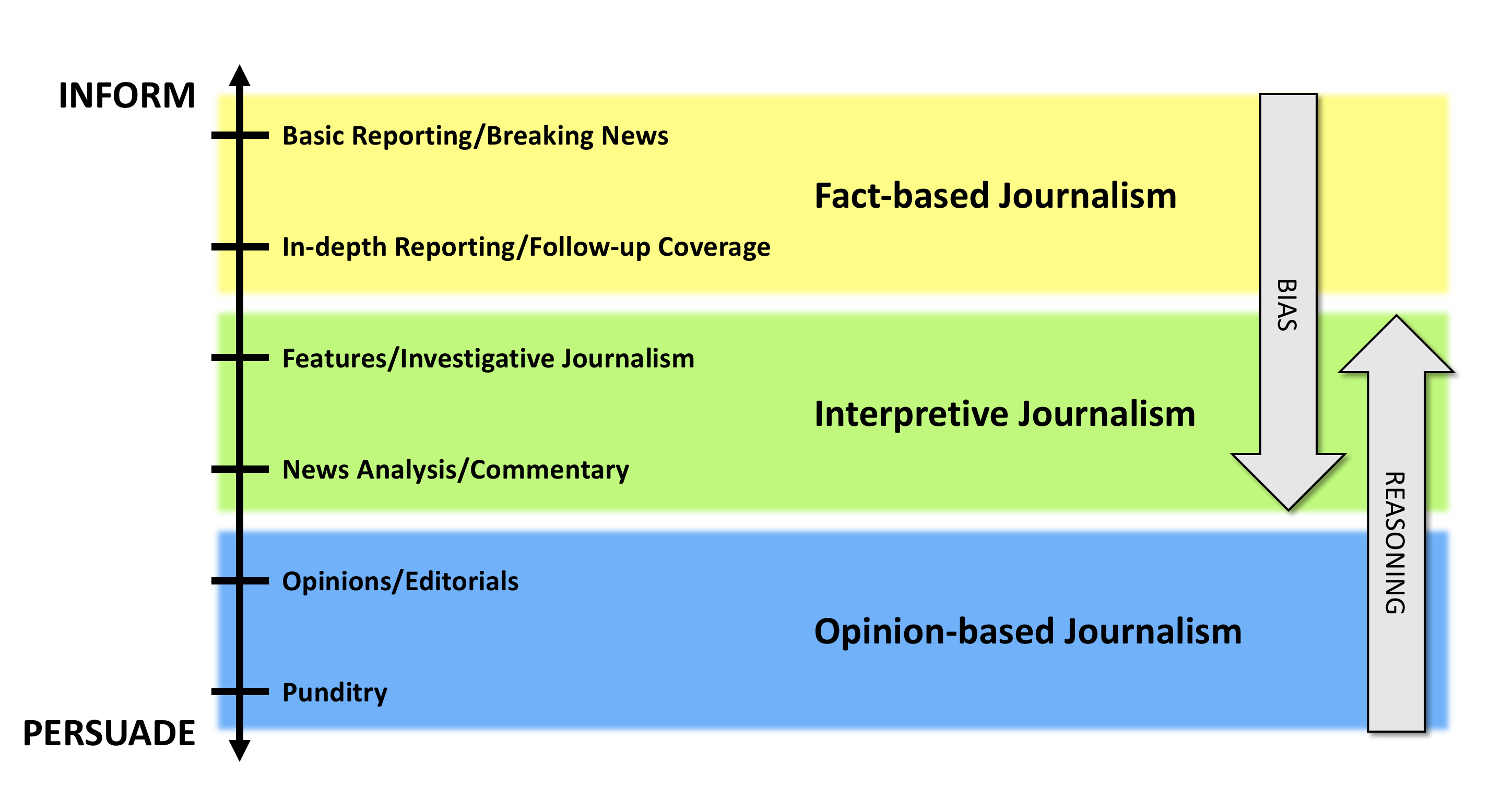
Graphic of the "journalism continuum," from a slide used in class.
I presented our findings at the 2018 CCCC Annual Convention, and our article is currently under review at Prompt.

The Current Event Coverage Report: A Synthesis Assignment
Conference on College Composition and Communication Annual Convention, 2018
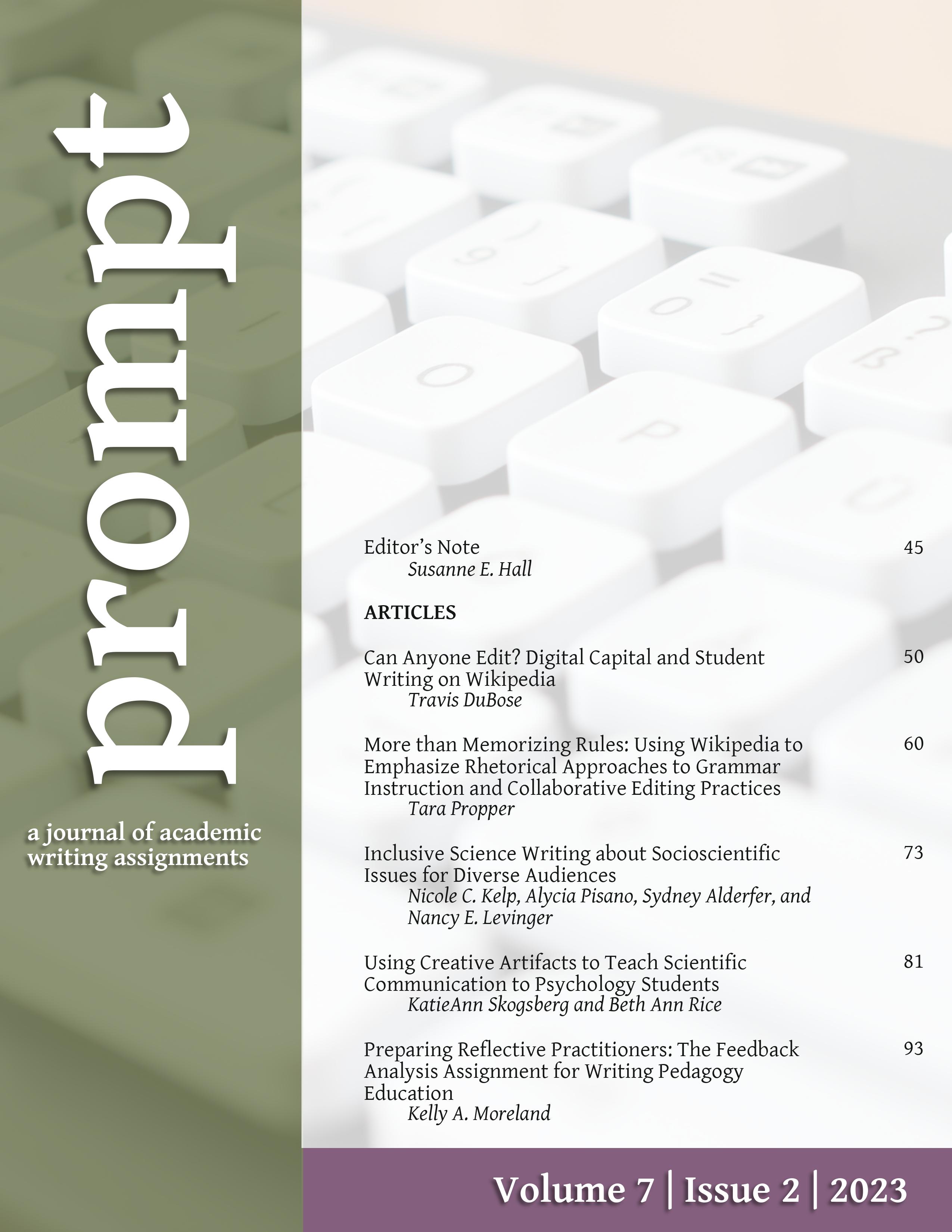
Putting Synthesis and Media Literacy within Reach: The Current Event Coverage Report
S. D. Grover & E. N. Gilliland Grover, Prompt: A Journal of Academic Writing Assignments (under review)
Using Slack to Enable and Extend Class Interactions
The modern classroom is always hybrid, regardless of course modality. I explore how workplace messaging software improves access for today's students.
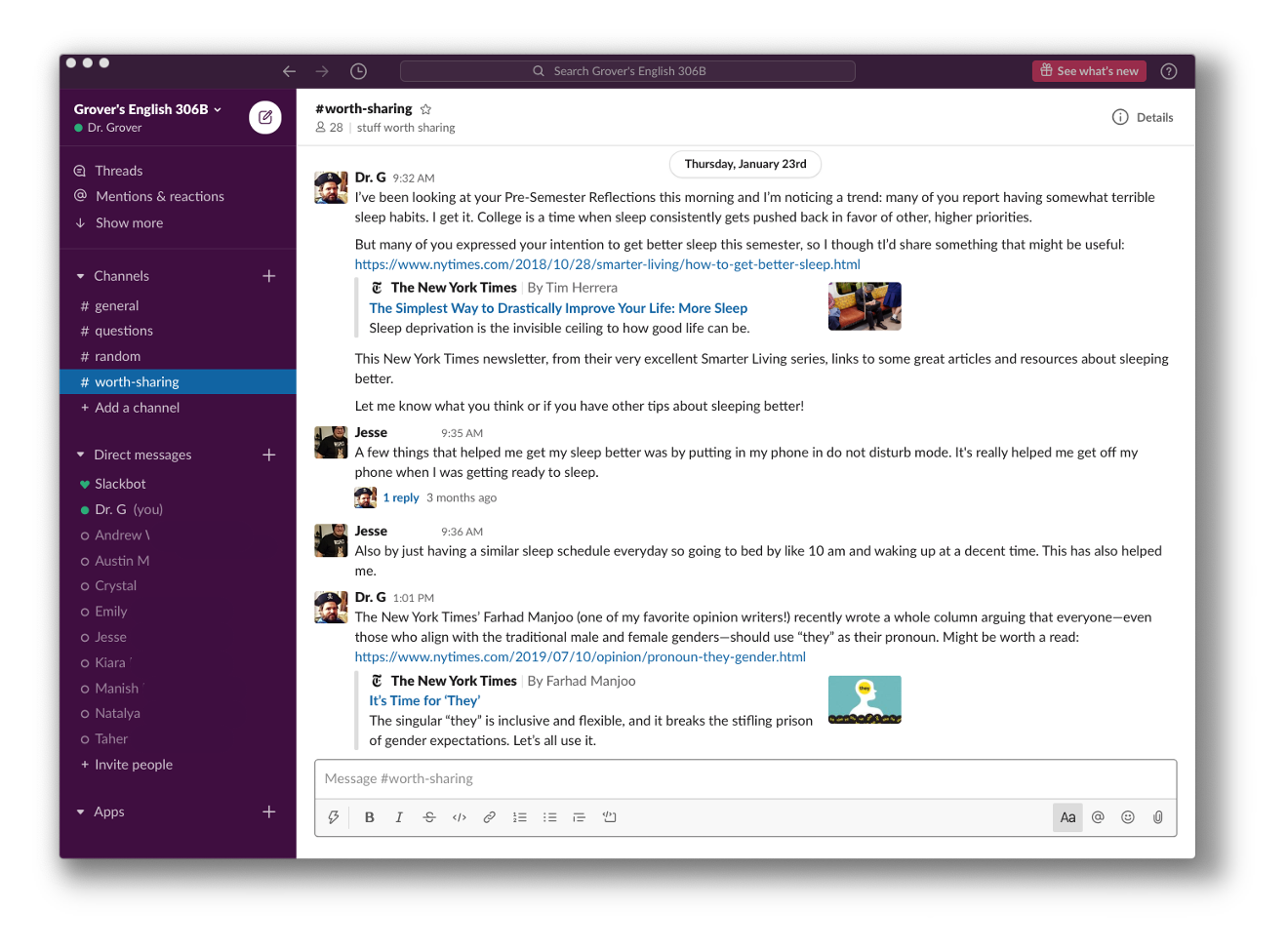
I have used the workplace messaging software Slack in my face-to-face, hybrid, and online asynchronous classes for over 7 years as a way to foster more (and more organic) interactions between students, instructors, and course material and to extend classroom interactions out into an accessible, low-stakes third space.
I haven't yet made my use of Slack the focus of a formal, empirical study, but when the COVID pandemic forced so many classes to move to online and hybrid settings, I decided to share my experiences — and the principles I gleaned about the effective use of Slack and similar software — with other instructors in hopes of helping them meet the challenges of the COVID era.

Angles of Deflection, Degrees Of Separation: Toward More Natural Interactions in Hybrid Classrooms
Faculty Center for Innovation Faculty Dialogues Series, Park University, 2020
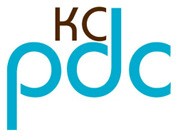
#working: Using Slack to Extend the Online Classroom and Increase Accessible Interactions
Enhancing Teaching & Learning Conference, KC Professional Development Council, 2021

Blurring the Edges: Using Slack to Enable and Extend Class Interactions
Global Society of Literacy Educators Webinar Series, 2023
My audience and focus for each of these presentations was different but in each one I showed how messaging software can be used to
- allow students greater control over how they present themselves to classmates,
- increase modes of access, enabling more student participation,
- allow a greater degree of underlife in and out of class, and
- promote community building among students separated in time and space.
I also presented the heuristic I use when evaluating new software for potential use in my classes. The materials and resources used in one of these presentations is archived on Grover's English, my OER website.
My intention is to undertake a more formal study in the future and publish a scholarly article.
Past Projects
The following represent a few of my past scholarly projects; for a complete listing of scholarly output, please see my curriculum vita.
Ethos in Cook's Illustrated
For the inaugural symposium of the Applied Rhetoric Collaborative in 2018, I presented a paper on the rhetoric of cookbooks and recipe writing, a long extant but all-but-unstudied avenue of technical communication.
My paper specifically examined the working of ethos in a popular cooking magazine, Cook's Illustrated, the flagship publication of America's Test Kitchen. I applied a framework for analyzing credibility in the context of online product reviews — drawn from Mackiewicz’s 2010 article "The co-construction of credibility in online product reviews” — to a full year's run of the magazine in order to determine how it presents itself as a credible and reliable producer of recipes.
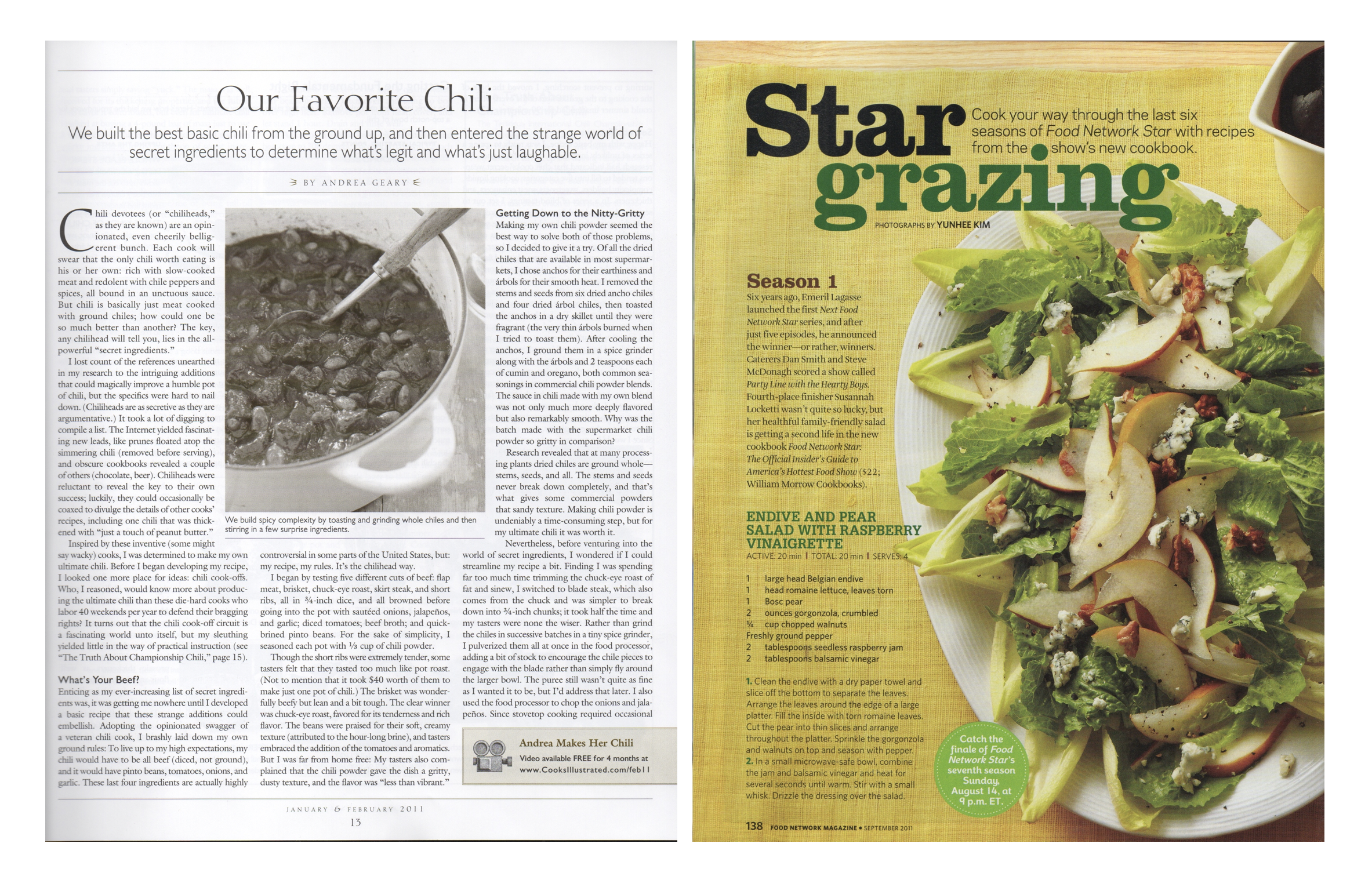
A presentation slide comparing a typical page layout in Cook's Illustrated to one in Food Network Magazine.
I concluded that, on the one hand, Cook's Illustrated conveys trustworthiness in the form of explicitly putting its readers’ needs and wants first and creating a personal, personable affect, especially in the guise of its founder and spokesperson, Christopher Kimball. On the other, it conveys expertise by repeatedly highlighting its scientific method-esque approach to recipe development, its eschewing of advertising (and, therefore, any implied bias), and its absolute consistency in its print layout.
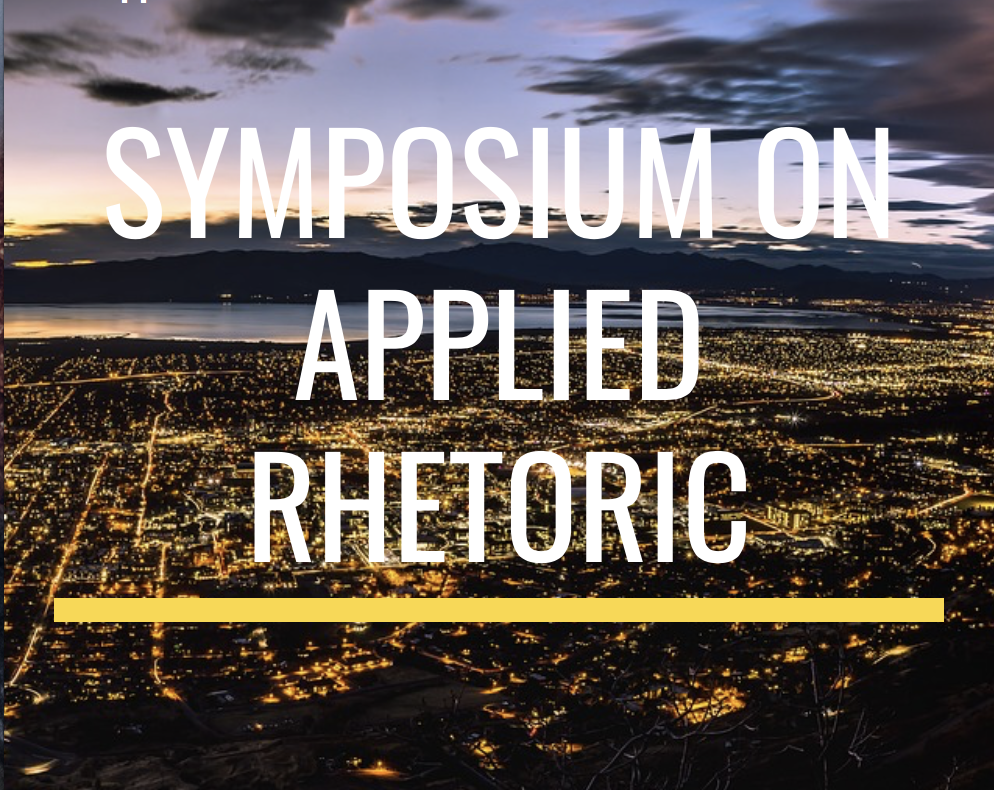
Ethos in Cook’s Illustrated: An Examination of Rhetoric in Recipe Writing
Symposium on Applied Rhetoric, 2018
Methods Employed: rhetorical analysis, content analysis
Immersion, Reflection, Failure: Teaching Graduate Students to Teach Writing Online
This article grew out of a panel I participated in at the CCCC Annual Convention in 2016. When Kelli, Heidi, Kevin, and I realized how closely our individual papers intersected, we decided to explore the connections in greater detail. Here's the abstract:
A common challenge facing those who prepare graduate students to teach writing online is the need to help those students connect online writing instruction (OWI) theory with their classroom practice. The authors present how graduate students are prepared to teach writing online at three universities and then synthesize those approaches to highlight three principles that can guide effective OWI preparation for graduate students in any program: immersion, reflection, and failure.

Immersion, Reflection, Failure: Teaching Graduate Students to Teach Writing Online
Grover, S. D., Cargile Cook, K., Skurat Harris, H., & DePew, K. E. (2017). Technical Communication Quarterly, 26(3), 242–255.
Choose Your Own Adventure: Agency as Constitutive Rhetorical Vision in Web 2.0
On November 21, 2012, web comic artist Ryan North began a Kickstarter project campaign called “To Be Or Not To Be: That Is The Adventure” to raise money to cover the publishing costs of an 80,000-word, Choose Your Own Adventure-style novel version of Shakespeare’s Hamlet that he had written.
The project met its initial funding goal of $20,000 in less than four hours, and by the December 21 deadline 30 days later, the campaign had exploded, receiving $580,905 in pledges from 15,352 backers, or 2904% of its funding goal, becoming the most funded publishing project in Kickstarter history to that time.
The obvious questions, then, were how did this happen and why did it happen to this project instead of another? I attempted to answer these questions by performing a fantasy theme analysis informed by Maurice Charland’s idea of constitutive rhetoric. The resulting paper was delivered at the Rhetoric Society of America Conference.

Choose Your Own Adventure: Agency as Constitutive Rhetorical Vision in Web 2.0
Rhetoric Society of America Conference, 2018
Method Employed: fantasy theme analysis
Preparing Graduate Teaching Assistants to Teach Writing Online
My dissertation — done through Texas Tech University and overseen by Kelli Cargile Cook, the past president of both ATTW and CPTSC — bridged the fields of teacher preparation and online writing instruction. Here is the abstract:
In the absence of any widespread assessment to determine how much and what kind of online writing instruction (OWI)-focused teacher preparation is being offered to graduate teaching assistants, this dissertation presents the results of an empirical, mixed-methods study that maps the field’s current research and practice and then interrogates that map to identify paths for better meeting the needs of the field’s stakeholders. The study’s first phase employs a content analysis of the professional literature and finds that research into OWI preparation is minimal and dominated by too few voices, while the second phase reports on the results of an online questionnaire focused on local OWI preparation program practice and finds that OWI preparation is only sparsely practiced nationwide. The final phase synthesizes these results and provides WPAs a heuristic for the design and evaluation of OWI preparation programs.
I presented on the three phases of my research at the three premiere conferences for my areas of scholarship:

How and How Much? The Need for Online Writing Instruction Preparation for Graduate Teaching Assistants
Conference on College Composition and Communication Annual Convention, 2016

Preparing Graduate Students for Excellence in the Online Classroom: A Heuristic for Augmenting Existing Teacher Preparation
Council of Writing Program Administrators Conference, 2017

At the Crossroads: How We Prepare Graduate Students to Teach Writing Online
Global Society of Online Literacy Educators Online Conference, 2018
Methods Employed: mixed methods sequential exploratory design, content analysis, questionnaire
